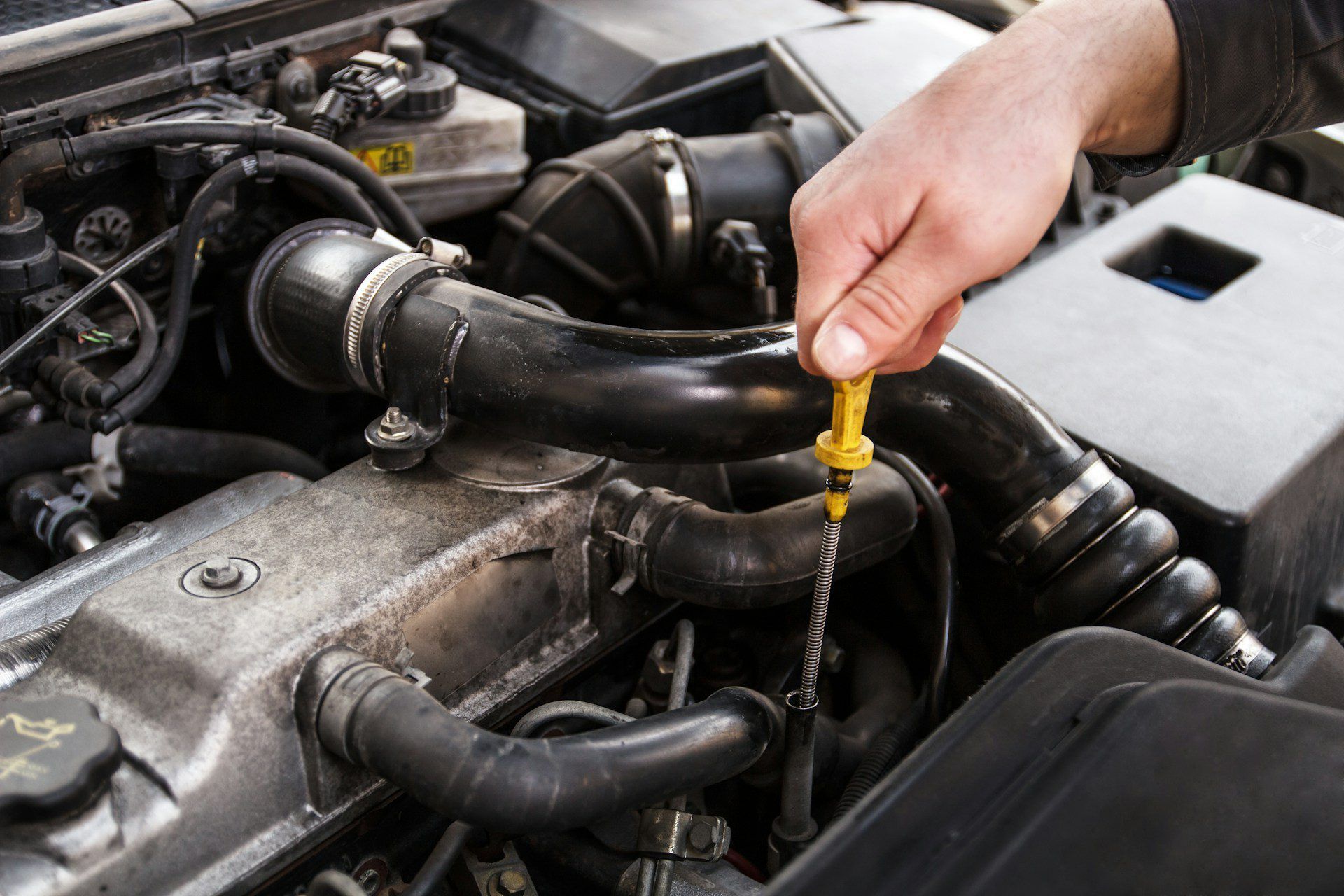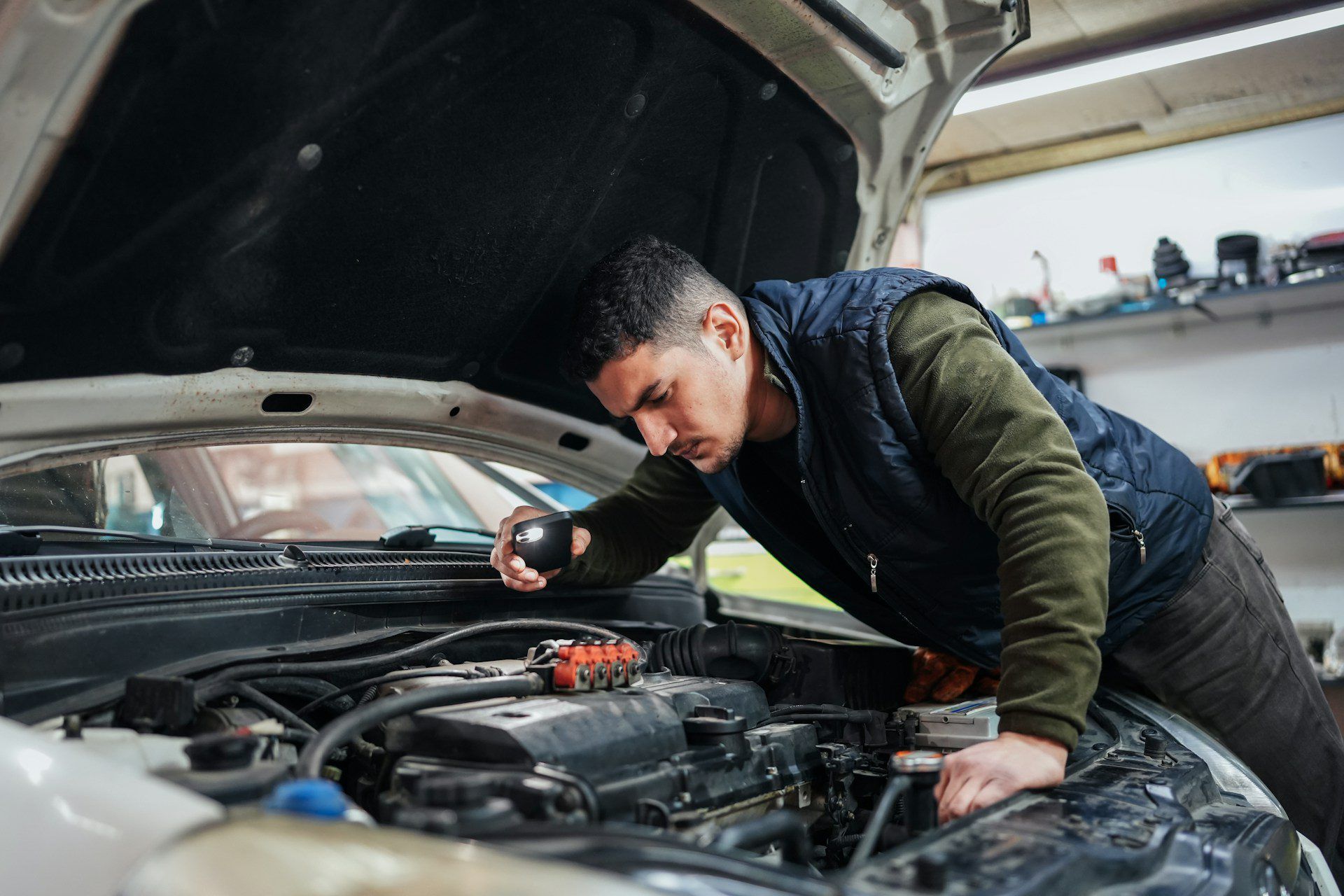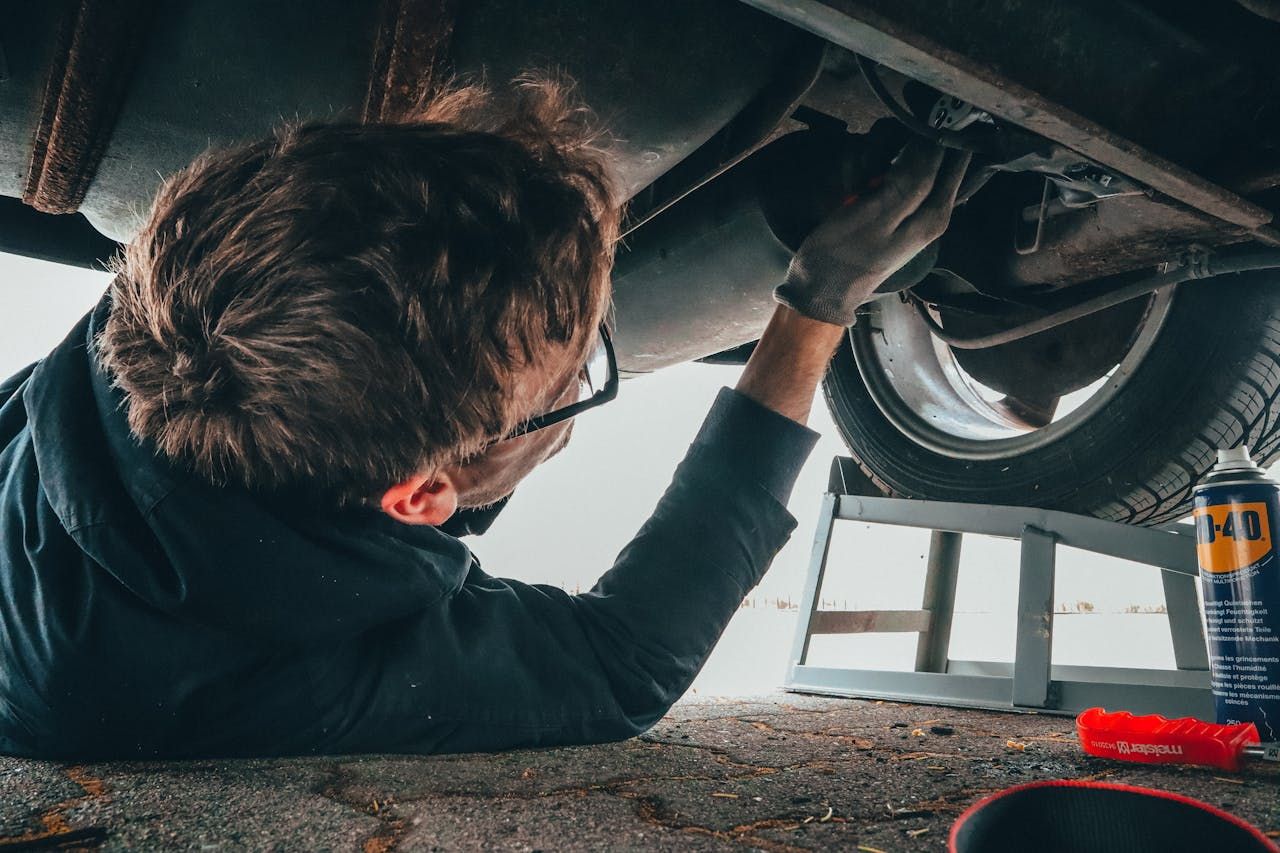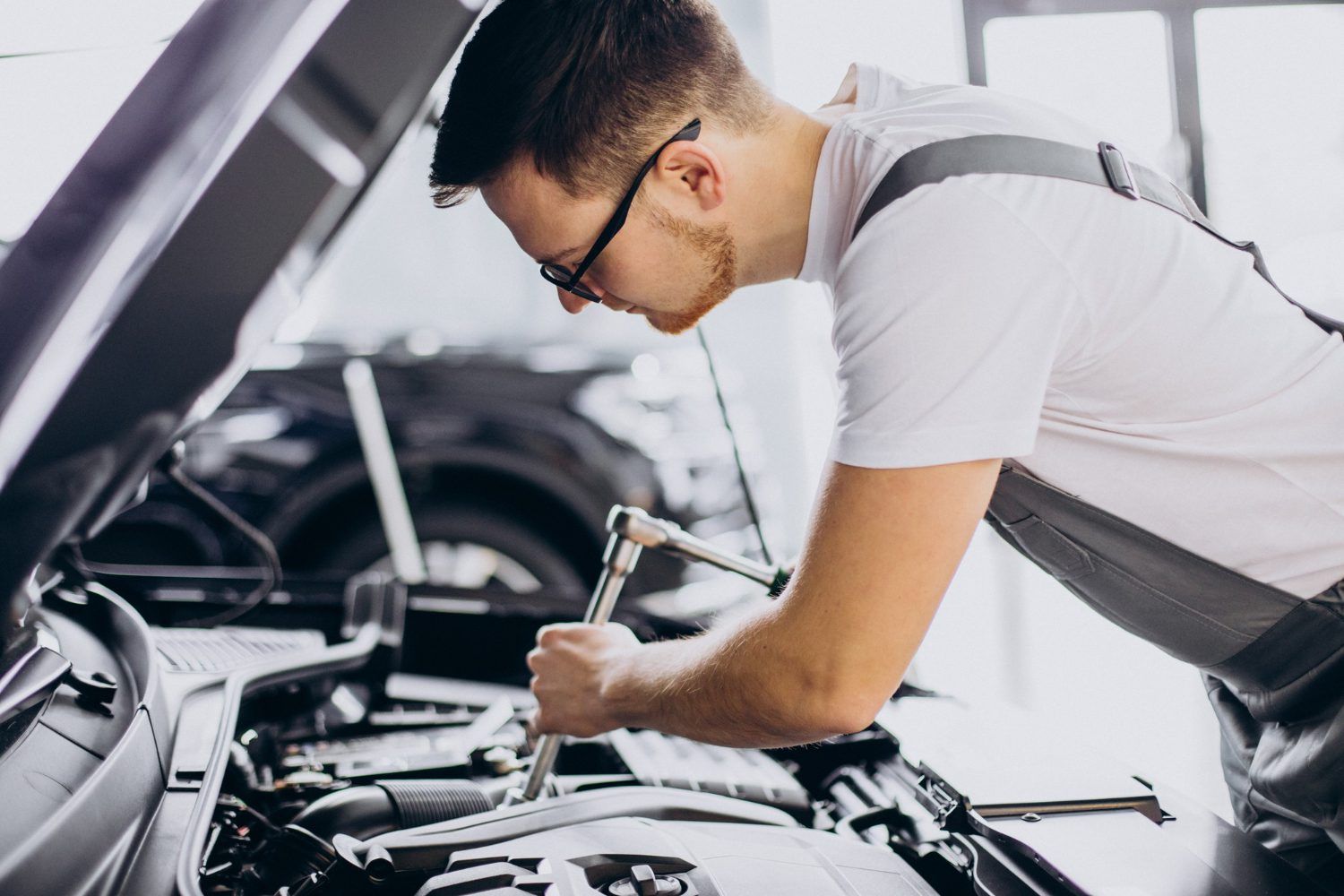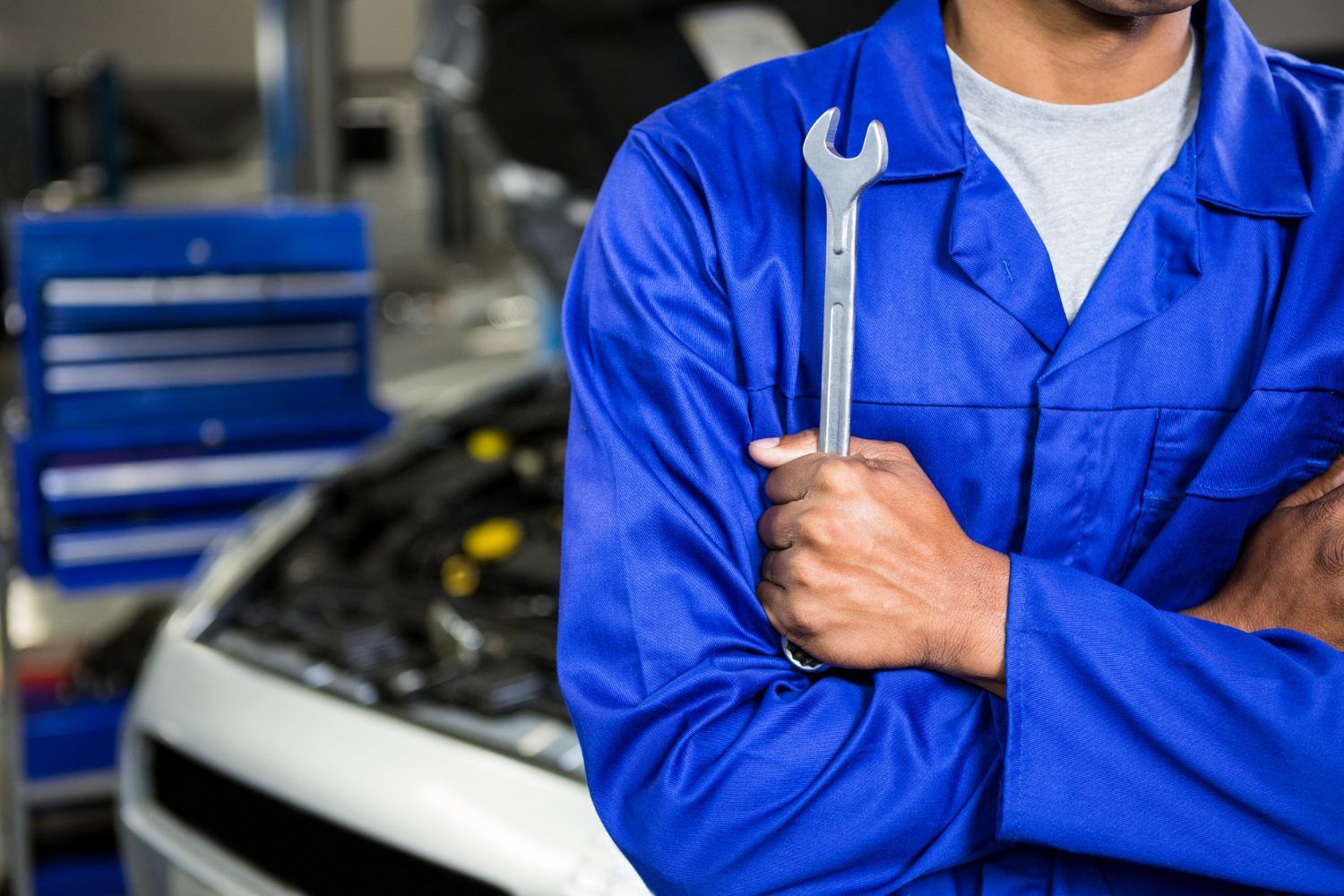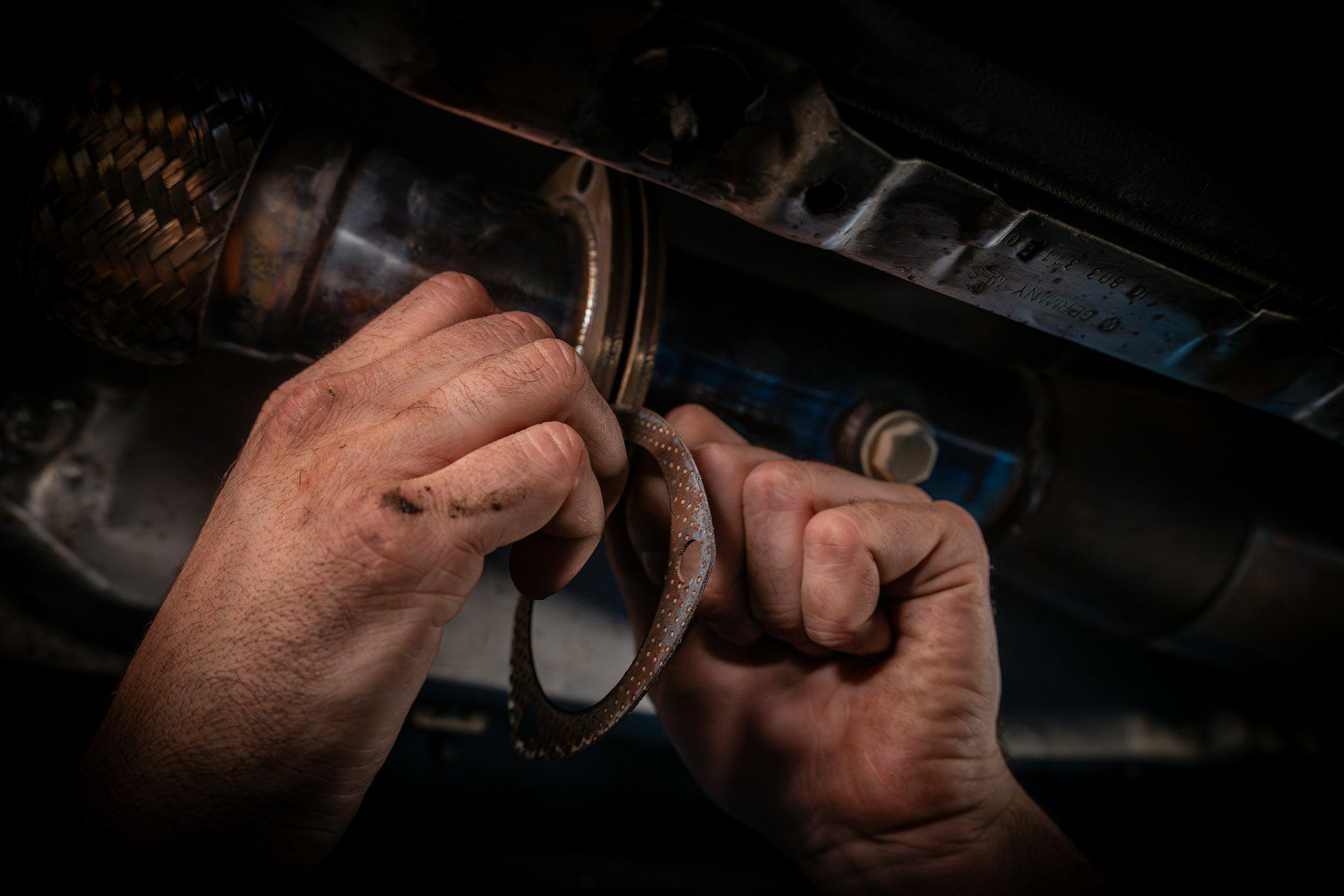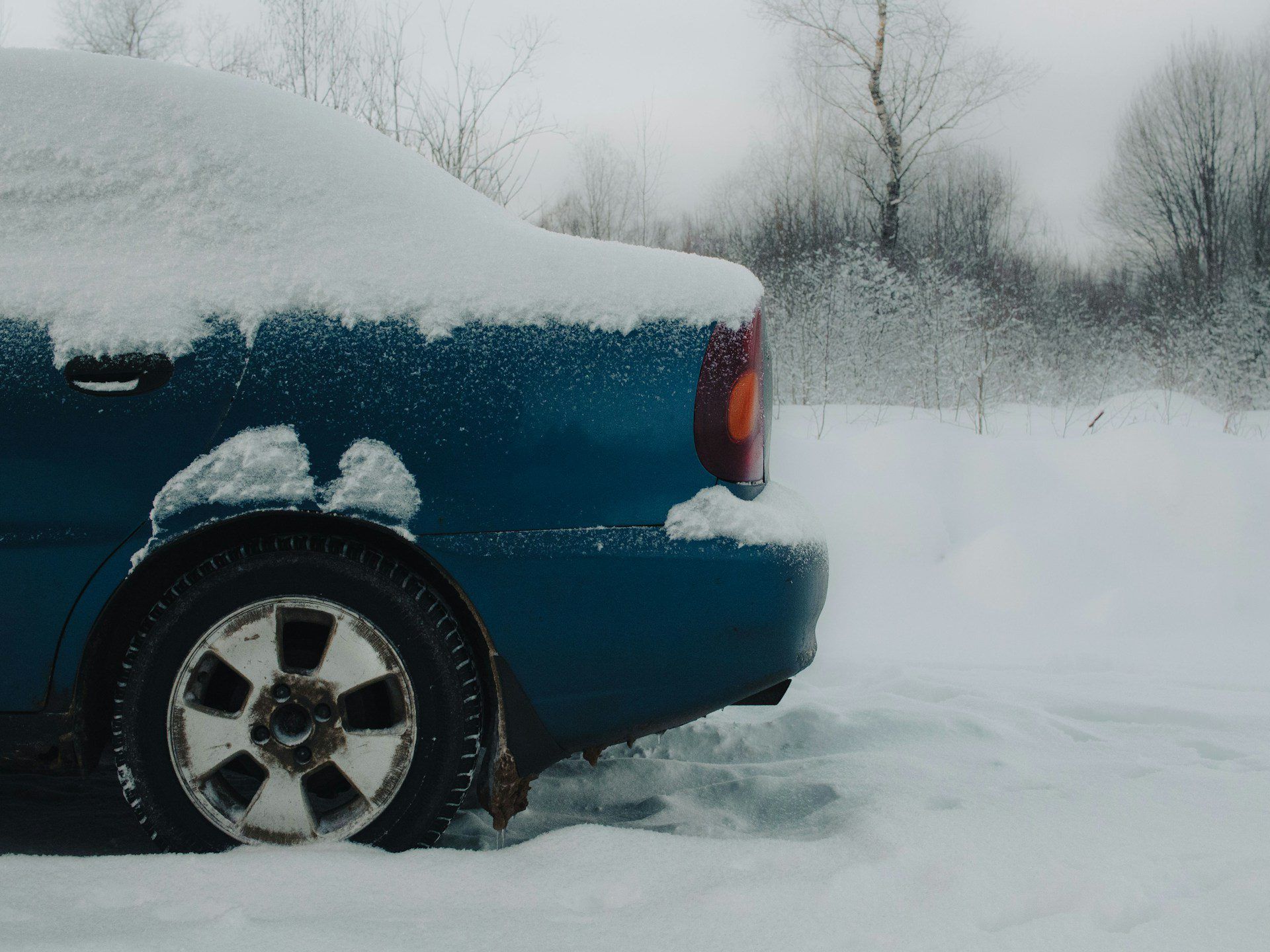How Emergency Auto Repair in Albuquerque Works
Car troubles almost never show up at a convenient time. But when something goes wrong out of nowhere, like a stall at a red light or your dashboard lighting up without warning, it helps to know that fast support is out there. Emergency auto repair in Albuquerque means acting quickly, figuring out the problem, and getting your car safely back on the road. It’s not about long waits or confusing plans. It’s about practical steps, quick checks, and clear answers when you need them most. Here is what happens behind the scenes when you call for emergency care and how we handle those unexpected vehicle issues in our city.
Common Car Problems That Need Quick Help
Some issues are easy to spot. Others start small but can get worse fast. Here are a few things that often need urgent attention:
• A car that won’t start can feel like the worst kind of surprise, especially early in the morning when temps drop in January.
• Brakes that start squeaking, grinding, or just take longer to stop may mean something is off that should not wait.
• Dashboard lights that pop on and stay lit could signal anything from an engine misfire to a failed sensor.
• If you suddenly smell something burning or see smoke from under the hood, that is never something to ignore.
• Strange noises like knocking, whining, or clicking are often signs of moving parts struggling, or failing altogether.
When any of these show up, especially during the winter, it is a good idea to stop driving and get help fast. Small signs can grow into bigger damage if left alone.
What Happens When You Call for Emergency Repair
The first step is simple. You call and let us know what is happening. Try to describe the warning signs as clearly as possible so we can make an informed suggestion. Sometimes it is safe to drive the car in. Other times, a tow is the better option for everyone’s safety.
Once your car arrives, it goes straight into a short list of priority checks:
• We start with the most obvious issue first, whether it is a dead battery, brake issue, or fluid leak.
• Next, we confirm whether the car is safe to keep running while we check deeper.
• If the problem is something urgent, we will pause and talk about the next steps.
Our goal is not to overwhelm you with choices. We want to find out what the car needs to work again and let you know what to expect from that point forward.
Fast Checks a Mechanic Might Do First
Emergency repairs focus on quick turnarounds. As soon as we see the vehicle, there are a few key areas we check right away:
• We test battery strength since a weak battery is a common reason for cars that will not start in winter.
• The brake system gets a full check if you have reported squeaking, soft pedals, or slow stopping.
• Next, we check levels of engine oil, coolant, and transmission fluid to spot any overheating risks or signs of leaks.
• If the check engine light is on, we will run a diagnostic scan to get a code that points to what is wrong.
• Finally, we do a fast visual check under the hood to look for anything loose, cracked, or smoking.
These quick steps help rule out major concerns and target the right solution right away.
Our technicians at Rio Grande Automotive use digital diagnostic tools and up-front communication, so you get quick answers and an honest explanation every step of the way.
Why Local Help Matters During Albuquerque Winters
Even without heavy snow, Albuquerque winters still catch people off guard. Cold overnight temps and icy patches in the morning can turn a small car problem into something much riskier.
• A car that will not start could leave you stuck in your driveway when you are already late.
• Weak brakes become even more dangerous on frosty roads and slower traffic.
• Broken sensors or lights can make it hard to know whether your car is safe to drive.
When issues pop up close to home, it helps to have nearby shops who know the terrain and the season. We understand what cold weather does to batteries, tires, and fluid lines. Our road conditions are different from snowy places, but they still call for cars that respond reliably.
We offer convenient scheduling, quick repair turnaround, and service both domestic and foreign vehicles, so Albuquerque drivers get help right when it’s needed most.
Staying Ahead of the Next Breakdown
Emergency fixes help get your car running again. But staying ahead of future surprises means checking things a bit more closely once the urgent part is over.
• After any emergency visit, plan a follow-up check on your car, especially if the fix only covered one part of a bigger system.
• Look out for any signs that return days later, like slow startups or strange smells.
• Cars often give hints before a second problem shows up. Catching it early saves time and stress.
Emergency auto repair in Albuquerque is a quick fix when things go wrong, but the real peace of mind comes from staying on top of your car’s health a little more often, especially during months when the weather works against you.
Confidence When You Need It Most
Having a breakdown can throw off the whole day, but knowing what happens during an emergency visit takes a lot of the guesswork out of it. When your car is not behaving like it should, the first priority is keeping you safe and stopping the issue from getting worse.
We try to make each step clear, from the first call to the moment you are ready to drive away again. And in the middle of a cold Albuquerque winter, that kind of clear, fast support gives you one less thing to worry about. It is not always possible to avoid surprises, but it helps to know what to expect when they do happen.
Car problems do not wait for the right time, and neither do we. For fast, dependable service that gets you back on the road safely, trust our team at Rio Grande Automotive. When unexpected issues come up, we are ready with trusted solutions for emergency auto repair in Albuquerque. Let us handle the stress so you can get back to your day with confidence, call now to schedule immediate support.


